Cancer diagnosis: new strategy 'could save thousands of lives'
New guidelines will allow GPs to fast-track patients for cancer tests in a bid to tackle low survival rates
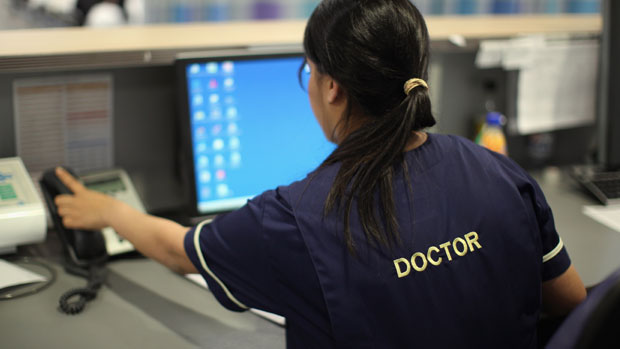
A free daily email with the biggest news stories of the day – and the best features from TheWeek.com
You are now subscribed
Your newsletter sign-up was successful
Doctors have been given new cancer diagnosis guidelines that could save thousands of lives a year, according to the health watchdog.
The National Institute for Health and Care Excellence (NICE) has lowered the threshold at which people are offered cancer tests and given GPs the power to order tests, such as CT scans and endoscopies, without having to wait for a referral from a specialist.
It has also issued GPs with a detailed checklist of symptoms to help them make earlier diagnoses after warning that some GPs were "basically guessing" whether patients’ symptoms were a sign of cancer.
The Week
Escape your echo chamber. Get the facts behind the news, plus analysis from multiple perspectives.

Sign up for The Week's Free Newsletters
From our morning news briefing to a weekly Good News Newsletter, get the best of The Week delivered directly to your inbox.
From our morning news briefing to a weekly Good News Newsletter, get the best of The Week delivered directly to your inbox.
Britain has one of the lowest cancer survival rates in Western Europe – on a par with Poland and Estonia – and almost half of all cancers are diagnosed at a late stage. Around 10,000 more preventable cancer deaths occur in the UK, compared with similar countries in Europe.
"Britain is lagging behind other countries in terms of cancer survival and one of the big reasons for this is late diagnosis," said one of the authors, Professor Willie Hamilton.
"In my experience I would say that late diagnosis alone is responsible for thousands of deaths every year. This updated guideline will help to change that."
Cancer charities have welcomed the new guidelines, saying they will give GPs more freedom to quickly refer patients with worrying symptoms, but warned that further funding was needed to implement them.
A free daily email with the biggest news stories of the day – and the best features from TheWeek.com
"We know the strain the NHS is already under and the number of people diagnosed with cancer is increasing," Sarah Hiom from Cancer Research UK told the BBC. "Further investment is essential in order to support this much needed shift in investigative testing."
But the patients' rights group Patient Concern said it was surprised that doctors needed to be given such obvious advice. "I would be quite worried if GPs didn't know the basics of common cancers and what to look out for," the organisation's Roger Ross told the Daily Telegraph.
Cancer survivor David Martin, who was diagnosed with bladder cancer 15 years ago, urged other patients to "make a nuisance of themselves if they feel disregarded".
-
 The EU’s war on fast fashion
The EU’s war on fast fashionIn the Spotlight Bloc launches investigation into Shein over sale of weapons and ‘childlike’ sex dolls, alongside efforts to tax e-commerce giants and combat textile waste
-
 How to Get to Heaven from Belfast: a ‘highly entertaining ride’
How to Get to Heaven from Belfast: a ‘highly entertaining ride’The Week Recommends Mystery-comedy from the creator of Derry Girls should be ‘your new binge-watch’
-
 The 8 best TV shows of the 1960s
The 8 best TV shows of the 1960sThe standout shows of this decade take viewers from outer space to the Wild West
-
 The truth about vitamin supplements
The truth about vitamin supplementsThe Explainer UK industry worth £559 million but scientific evidence of health benefits is ‘complicated’
-
 Covid-19 mRNA vaccines could help fight cancer
Covid-19 mRNA vaccines could help fight cancerUnder the radar They boost the immune system
-
 Deadly fungus tied to a pharaoh's tomb may help fight cancer
Deadly fungus tied to a pharaoh's tomb may help fight cancerUnder the radar A once fearsome curse could be a blessing
-
 'Poo pills' and the war on superbugs
'Poo pills' and the war on superbugsThe Explainer Antimicrobial resistance is causing millions of deaths. Could a faeces-filled pill change all that?
-
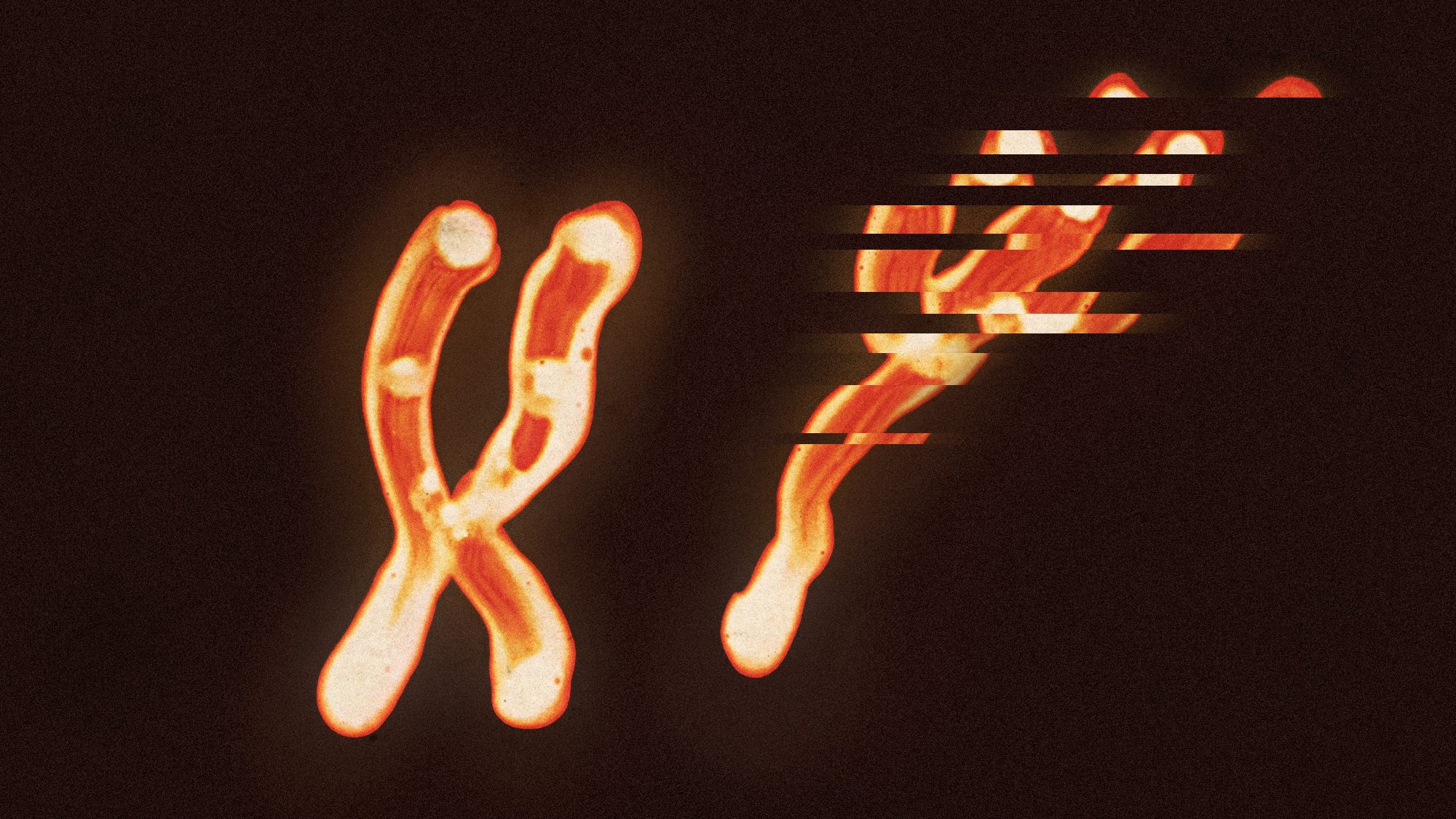 The Y chromosome degrades over time. And men's health is paying for it
The Y chromosome degrades over time. And men's health is paying for itUnder the radar The chromosome loss is linked to cancer and Alzheimer's
-
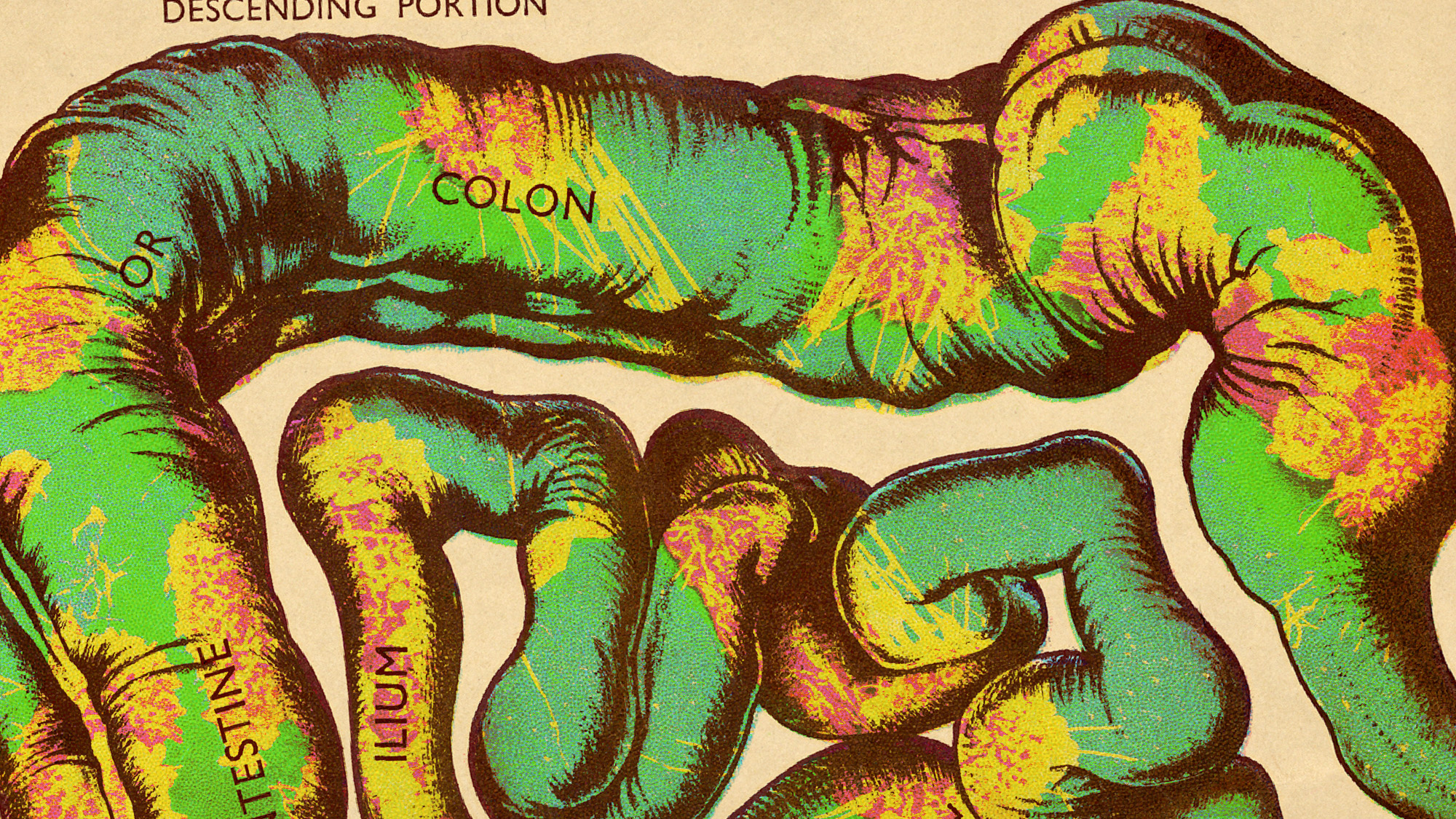 A bacterial toxin could be contributing to the colorectal cancer rise in young people
A bacterial toxin could be contributing to the colorectal cancer rise in young peopleUnder the radar Most exposure occurs in childhood
-
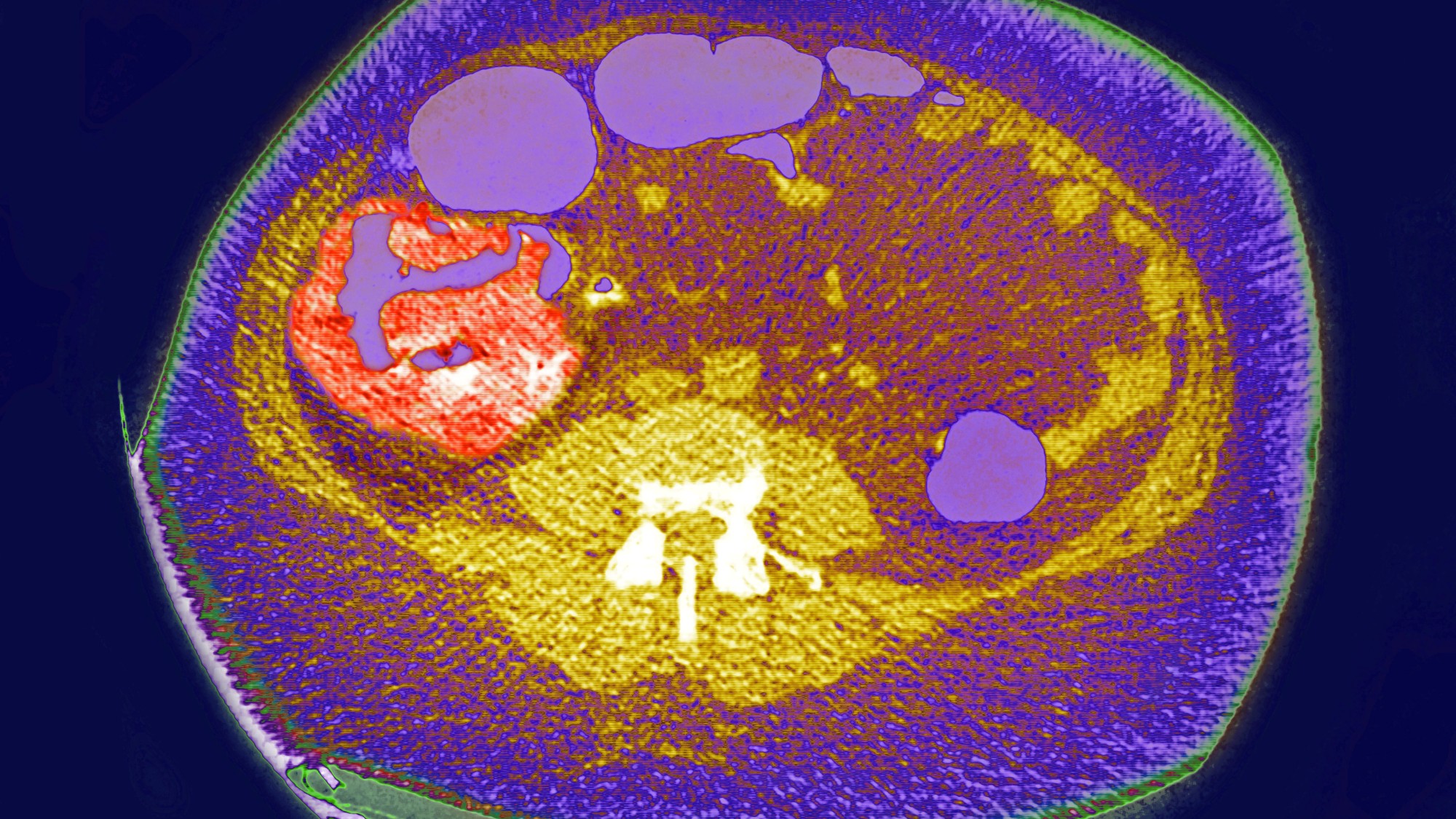 Why are more young people getting bowel cancer?
Why are more young people getting bowel cancer?The Explainer Alarming rise in bowel-cancer diagnoses in under-50s is puzzling scientists
-
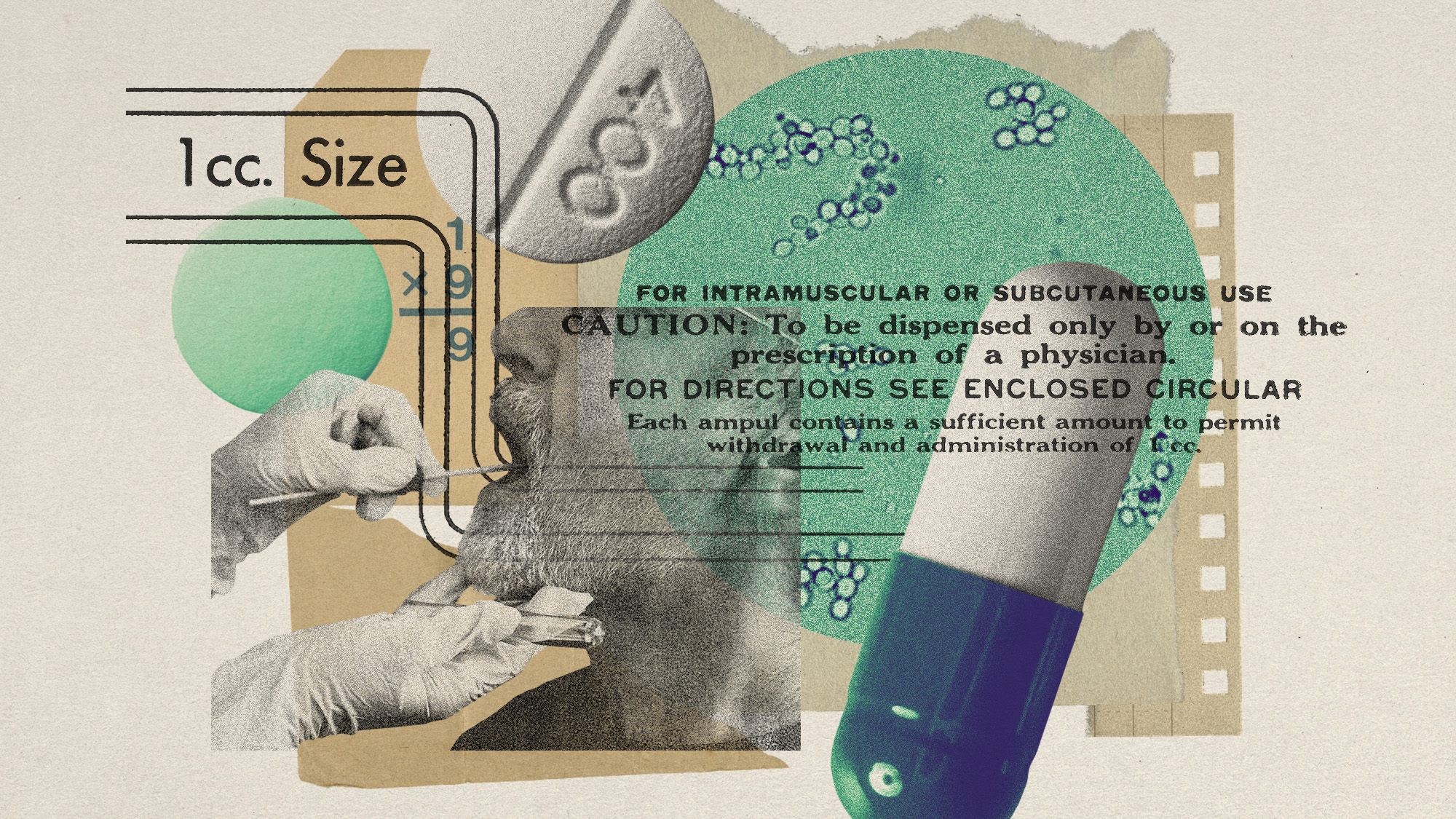 Five medical breakthroughs of 2024
Five medical breakthroughs of 2024The Explainer The year's new discoveries for health conditions that affect millions